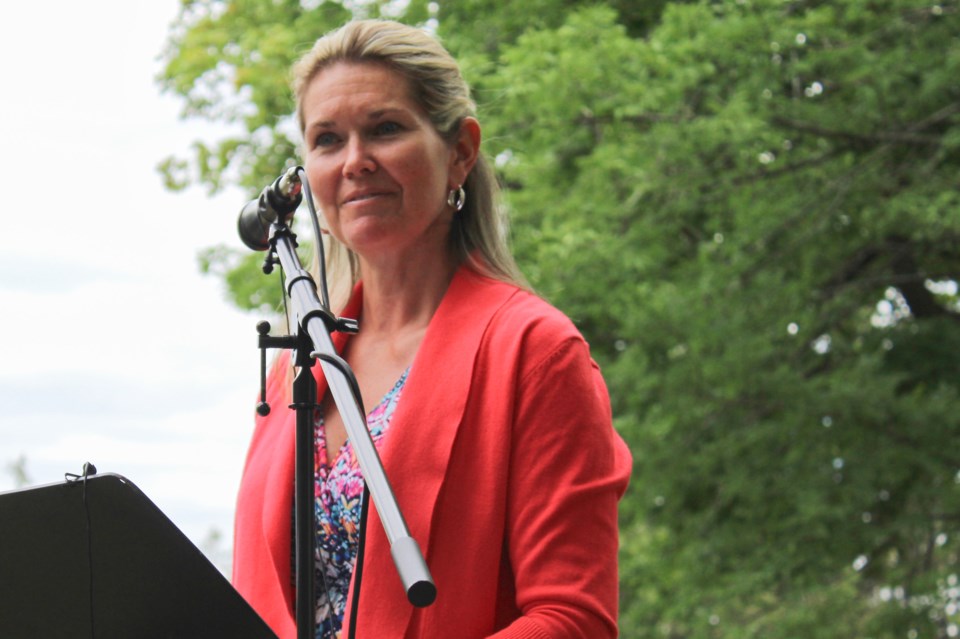TORONTO – Ontario’s provincial government announced Tuesday it will ban the controversial practice of birth alerts, which have been widely criticized for their role in separating newborns from Indigenous mothers.
Birth alerts, also known as hospital alerts, are notifications sent by children’s aid societies to hospitals to flag newborns they believe may be at risk. The practice was banned in Manitoba as of July 1, and in British Columbia last year.
Ontario announced Tuesday it would follow in banning birth alerts as of Oct. 15 of this year.
“It has been reported the practice of birth alerts disproportionately affects racialized and marginalized mothers and families,” stated a government release.
In 2016, the Ontario Human Rights Commission found around 30 per cent of those in Ontario’s foster care system are Indigenous children, though they make up only about 4 per cent of the province’s total population under age 15.
Ending birth alerts was one recommendation contained in the final report from the National Inquiry into Missing and Murdered Indigenous Women and Girls, released in 2019.
The Ontario Native Women’s Association (ONWA) welcomed the announcement, saying it shows the province is listening to the longstanding concerns of Indigenous women.
“Indigenous women have identified birth alerts as a discriminatory practice for many years at ONWA’s Annual General Assemblies," the group said in a release.
However, ONWA stressed that it’s only one step on path to reforming a broken system.
“Additional action is needed,” the group said in a release. “Next steps must involve investments in Indigenous women and community healing at the individual and family level. This includes trauma-informed prevention services such as Indigenous parenting programs and wrap-around supports for mothers.”
According to the province, alternatives to the birth alerts system could include providing counselling services such as birth planning services, pre-natal services, and referrals to community resources and agencies that can provide support to expectant parents.
